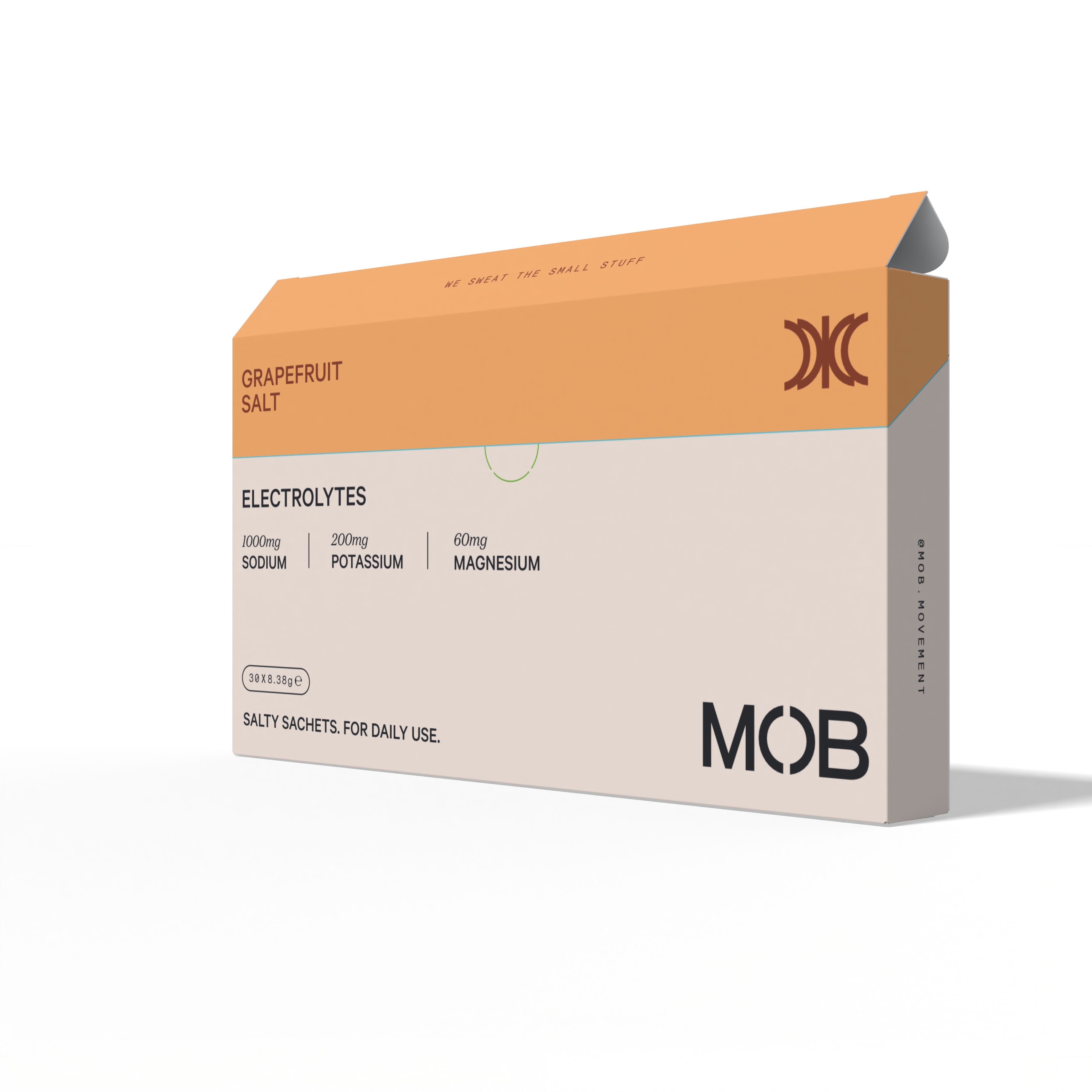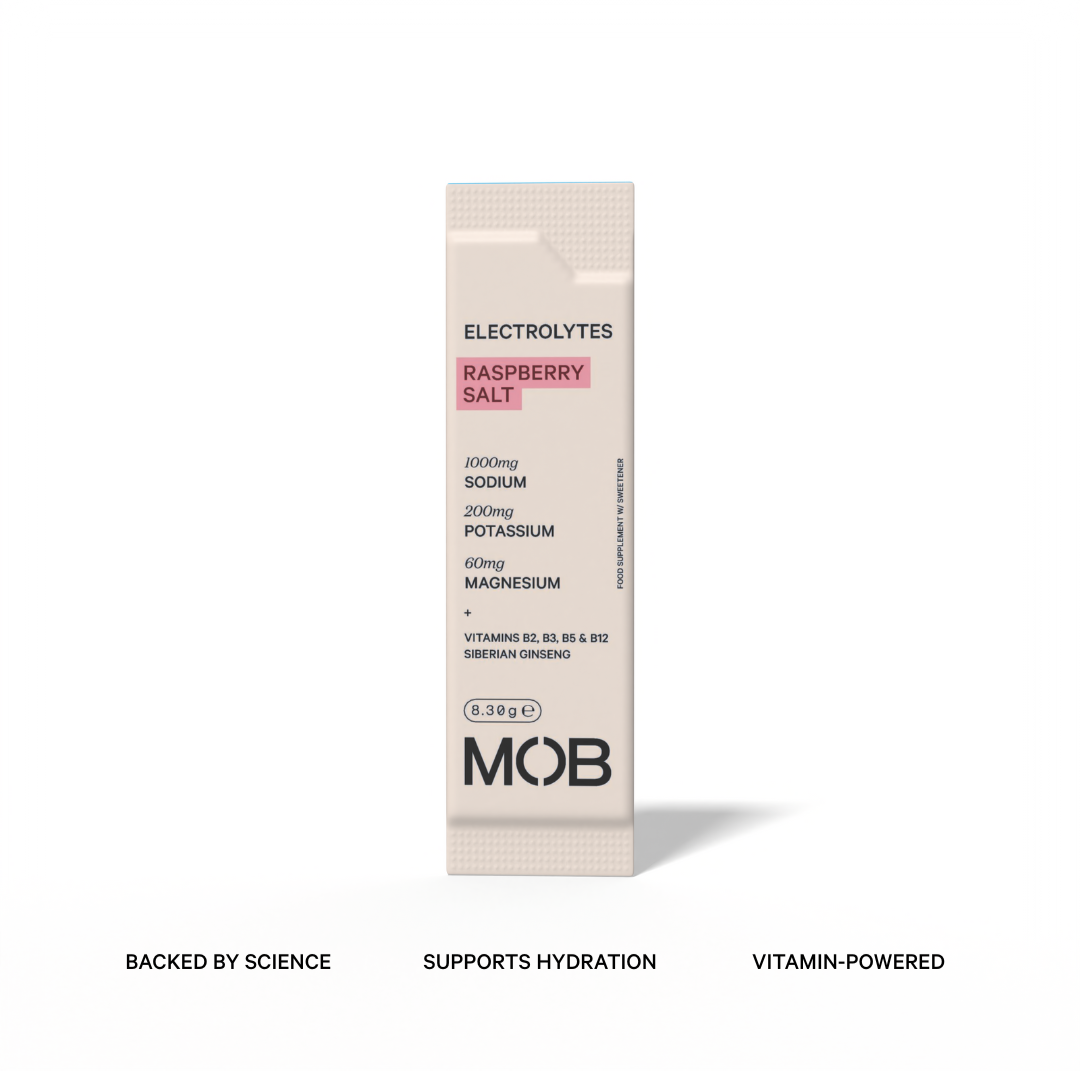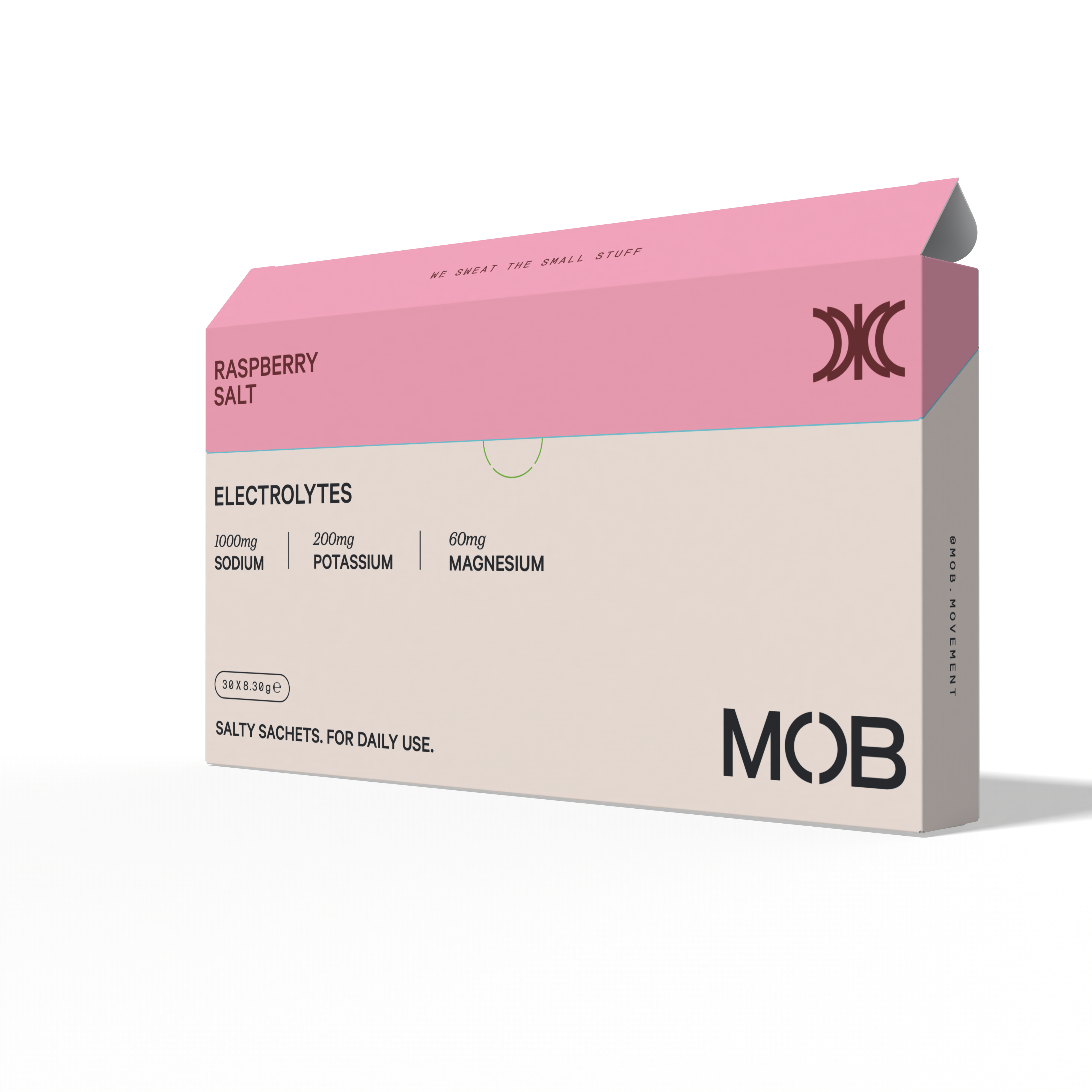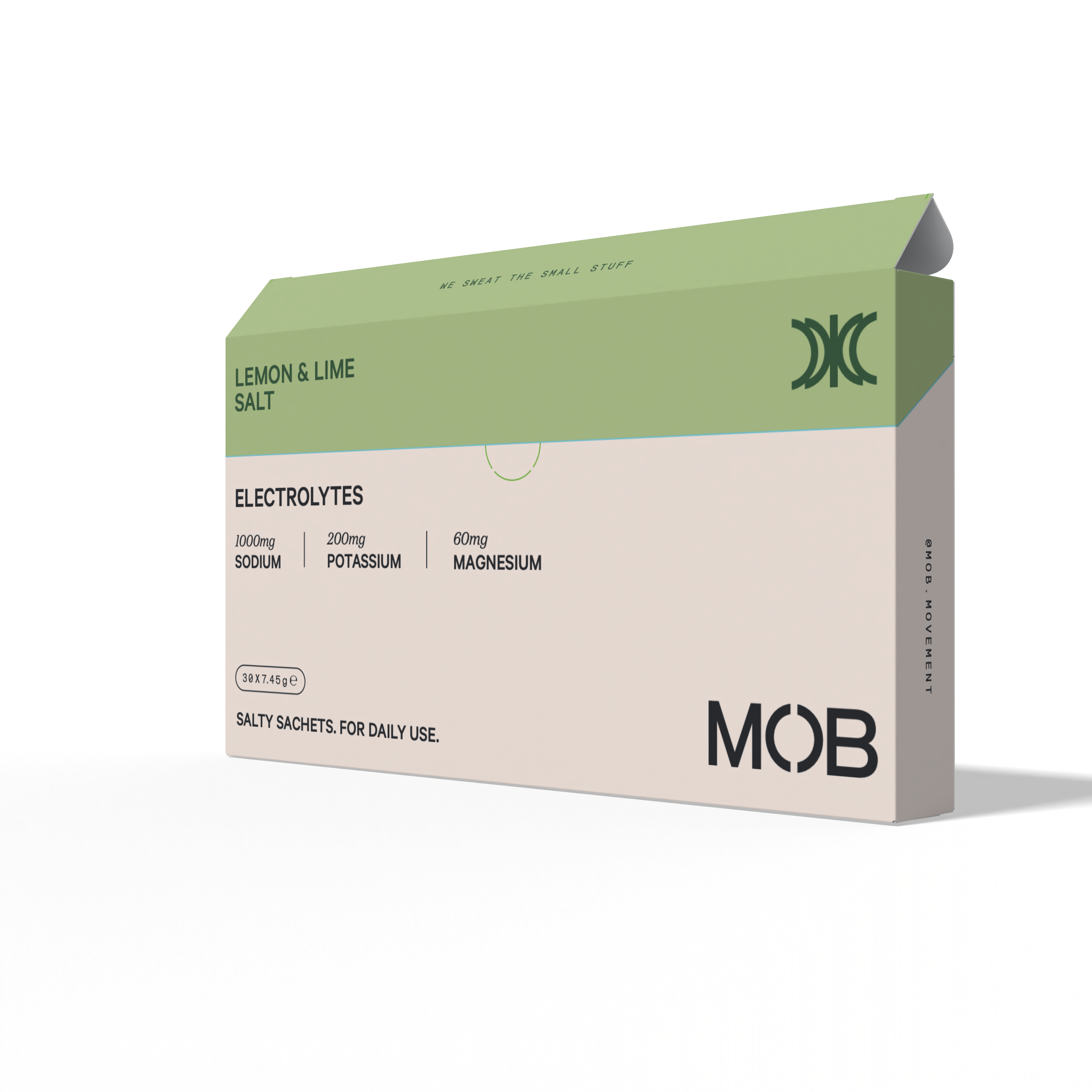You can sleep well, train smart, and eat what you're supposed to, yet still feel flat by the afternoon. That kind of fatigue isn’t always about doing too much. Often, it’s about what your body is quietly losing in the background.
Sleep debt, mental stress, and even light sweating can deplete the nutrients and systems that help you function and recover. These losses build up fast, even when they don’t feel dramatic. And most people aren’t replacing them as quickly as they’re used.
This article breaks down the three biggest drains on your system: poor sleep, chronic stress, and low-level sweat. We’ll also cover how electrolyte support and nervous system balance can help you stay steady.
What Happens When You Cut Sleep Short
Even a couple of hours of missed sleep can throw off your entire system. Cortisol rises, and the prefrontal cortex — the part of your brain responsible for focus, decision-making, and emotional regulation — slows down its glucose metabolism. That means less mental clarity, even if you feel physically awake (Thomas et al. 202–03).
Poor sleep also shifts your nervous system into a more reactive mode. The sympathetic state becomes dominant, and the calming parasympathetic system struggles to keep up.
This is where magnesium comes into play. It supports parasympathetic activity and helps your body regulate stress. Low magnesium is associated with disrupted sleep, reduced emotional resilience, and higher anxiety (Gröber et al. 1303). MOB includes 60 milligrams of magnesium per sachet for this reason. It’s a behind-the-scenes nutrient that helps regulate the stress response from the inside out.
Stress Burns More Than Patience
Chronic mental stress has a physiological cost. Your body burns through magnesium, potassium, and B vitamins faster when it’s under pressure. These same nutrients are vital for focus, energy production, adrenal regulation, and emotional control (Rasmussen et al. 1169–70).
That’s why MOB contains a full B-complex — including B2, B3, B5, and B12 — to help keep your nervous system functioning even when stress ramps up. These are not there as filler. They support your body’s ability to think, move, and recover under pressure, day after day.
Why Sweat Is More Draining Than It Looks
Sweat doesn’t have to be extreme to affect you. A short walk in warm weather, a quick conditioning session, or even just being in a heated room for hours can cause measurable fluid and mineral loss.
Here’s what often gets lost through sweat:
-
Sodium, which supports fluid balance, nerve signaling, and muscle contractions. Without enough, you may feel foggy, lightheaded, or fatigued (Maughan and Shirreffs 1–4).
-
Potassium, which helps muscles function and allows cells to absorb hydration properly.
-
Magnesium, involved in hundreds of metabolic processes, including energy metabolism, sleep, and muscular repair. It is one of the first minerals to drop under heat or exertion.
MOB contains 1000 milligrams of sodium, 200 milligrams of potassium, and 60 milligrams of magnesium. These levels were chosen to reflect what is actually lost in real-world sweat rates, not just what sounds good on a label.
Conclusion
It doesn’t take a heavy training session to feel drained. A few restless nights, a little stress, and low hydration can be enough to throw your system off. Most of us feel the impact before we even realise what’s missing.
That’s why MOB is formulated with more than just electrolytes. We’ve included magnesium for nervous system recovery, a full B-vitamin blend for mental stamina, and researched levels of sodium and potassium to keep hydration efficient and effective.
We spent months testing ratios, studying the science, and refining the formula to reflect what active people actually need — not just what looks good on paper. It’s designed to support the body’s daily recovery systems in a way that feels clean and effective.
Because performance doesn’t just come down to how you train. It comes down to how well you recover from everything else.
Works Cited
Gröber, Uwe, Joachim Schmidt, and Klaus Kisters. “Magnesium in Prevention and Therapy.” Nutrients, vol. 7, no. 9, 2015, pp. 8199–8226. https://doi.org/10.3390/nu7095388
Maughan, R. J., and S. M. Shirreffs. “Dehydration and Rehydration in Competitive Sport.” Scandinavian Journal of Medicine & Science in Sports, vol. 20, no. S3, 2010, pp. 40–47. https://doi.org/10.1111/j.1600-0838.2010.01207.x
Rasmussen, Helle, et al. “Magnesium Deficiency in the Pathogenesis of Disease.” Archives of Internal Medicine, vol. 161, no. 9, 2001, pp. 1169–1173. https://doi.org/10.1001/archinte.161.9.1169
Thomas, Monica, et al. “Neural Basis of Alertness and Cognitive Performance Impairments during Sleepiness. I. Effects of 24 h of Sleep Deprivation on Waking Human Regional Brain Activity.” Journal of Sleep Research, vol. 9, no. 4, 2000, pp. 335–352. https://doi.org/10.1046/j.1365-2869.2000.00225.x








